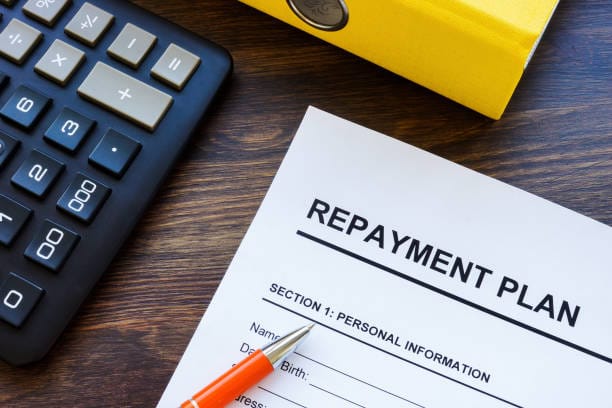Secured vs. Unsecured Loans: Which One is Right for You?

When it comes to borrowing money, understanding the secured vs unsecured loan difference is crucial for making informed financial decisions. Both types of loans serve different needs, come with unique risks and benefits, and are influenced by your credit score. In this guide, we’ll explore how to choose the right loan type, the role of credit score, and the options available in India.
What is a Secured Loan?
A secured loan requires you to pledge an asset—called collateral—such as property, gold, or a vehicle. Because the lender has a fallback option, secured loans generally offer lower interest rates and higher loan amounts.
Collateral Loan Examples:
- Home loans
- Auto loans
- Gold loans
- Loan against property
- Secured credit cards
Pros of Secured Loans:
- Lower interest rates
- Higher loan eligibility
- Longer repayment tenures
- Better chance of approval with lower credit scores
Cons of Secured Loans:
- Risk of losing the collateral on default
- Time-consuming approval process
- May restrict how funds can be used (e.g. home loan)
What is an Unsecured Loan?
An unsecured loan doesn’t require any collateral. Instead, lenders rely on your creditworthiness, income, and repayment history to approve the loan. These loans are ideal for quick funding needs like medical emergencies, education, or weddings.
Common Unsecured Loan Types:
- Personal loans
- Education loans
- Credit cards
- Unsecured business loans
Pros of Unsecured Loans:
- No asset risk
- Faster approvals
- Funds can be used flexibly
Cons of Unsecured Loans:
- Unsecured loan interest rates are higher
- Lower loan amounts than secured loans
- Stricter eligibility, especially for those with poor credit scores
- Can damage a credit score more quickly if mismanaged
Personal Loan: Secured or Unsecured?
Most personal loans are unsecured, but some lenders offer secured personal loans backed by fixed deposits or insurance policies. If you're unsure whether a personal loan is secured or unsecured, check the lender's requirements.
Which Loan is Safer?
If you're asking "which loan is safer," the answer depends on your situation:
- If you want lower interest rates and are confident about repaying, secured loans are safer.
- If you don’t want to risk assets, unsecured loans are safer—but only if you have a good credit score.
How Credit Score Impacts Secured vs Unsecured Loans
Your credit score significantly affects both loan types. While secured loans may be more forgiving, unsecured loans rely heavily on your credit report and repayment history.
Why Credit Score Matters:
- Better terms for both loan types
- Increased chance of approval for unsecured loans
- Access to higher limits and better offers
A credit score of 750+ is preferred by most lenders, and GoodScore can help you monitor and improve your score effectively.
Ways to Improve Your Credit Score
Best Practices to Maintain a Healthy Credit Score:
- Pay EMIs and bills on time
- Keep credit utilisation under 30%
- Avoid applying for multiple loans at once
- Monitor your credit report regularly via GoodScore
- Maintain a mix of secured and unsecured credit
Conclusion
Understanding the secured vs unsecured loan difference is vital when choosing the right financial product. If you’re planning to borrow, assess your needs, credit health, and repayment capability. Whether you're considering a personal loan, gold loan, or home loan, always factor in interest rates, risk, and long-term impact on your credit score.
If you’re looking to boost your credit score for your future loan applications, download the GoodScore app today!
FAQs
1. What’s the secured vs unsecured loan difference in India?
A: Secured loans require collateral and offer lower interest rates, while unsecured loans need no collateral but come with higher rates and stricter eligibility.
2. Which is the best personal loan with low interest in India?
A: Public sector banks like SBI and digital lenders often offer low-interest personal loans, but you’ll need a high credit score to qualify.
3. How to get a home loan with a low credit score?
A: Apply for a secured loan like a home loan with co-applicant support or offer a higher down payment. Some NBFCs may offer loans at higher interest rates with risk mitigation.
4. Which loan is safer for first-time borrowers?
A: If you have assets to pledge, a secured loan is safer due to lower risk and better terms. However, unsecured loans may suit you if you need funds urgently and have a strong credit score.
5. Are there good loan apps for quick approval in India?
A: Yes. Apps like Navi, PaySense, and KreditBee offer fast approvals. Use a loan eligibility calculator online before applying, and check your GoodScore credit report to improve chances.



